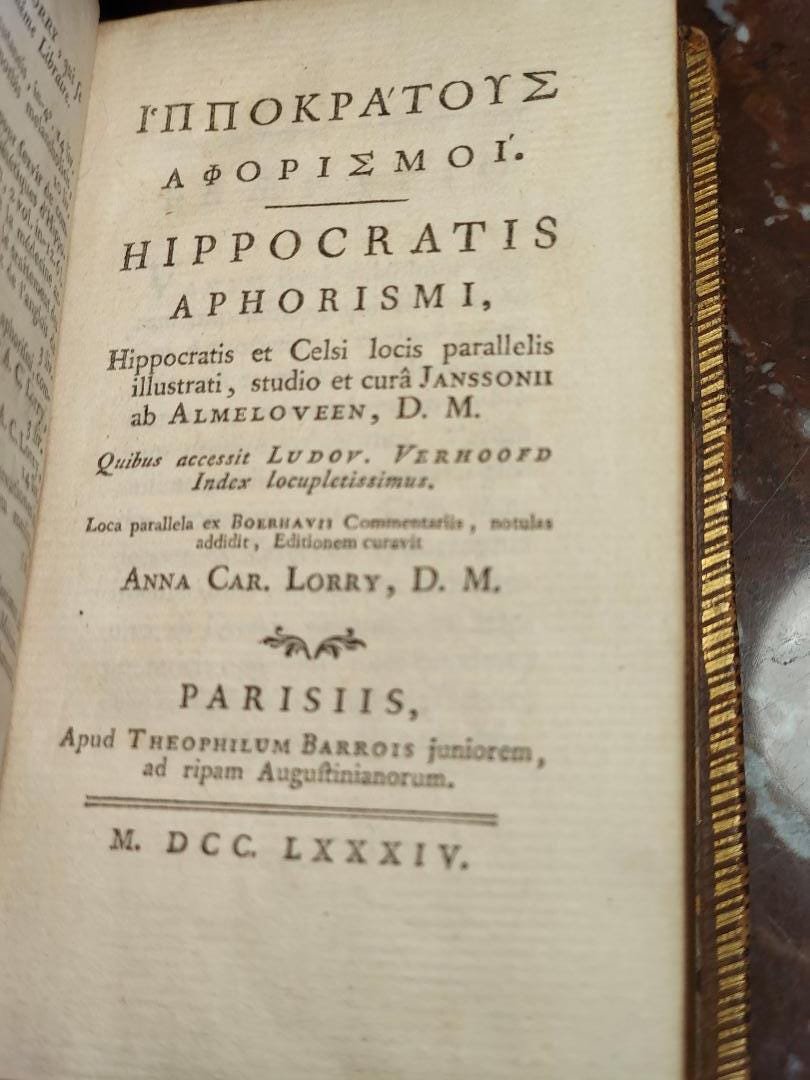 Image 1 of 9
Image 1 of 9

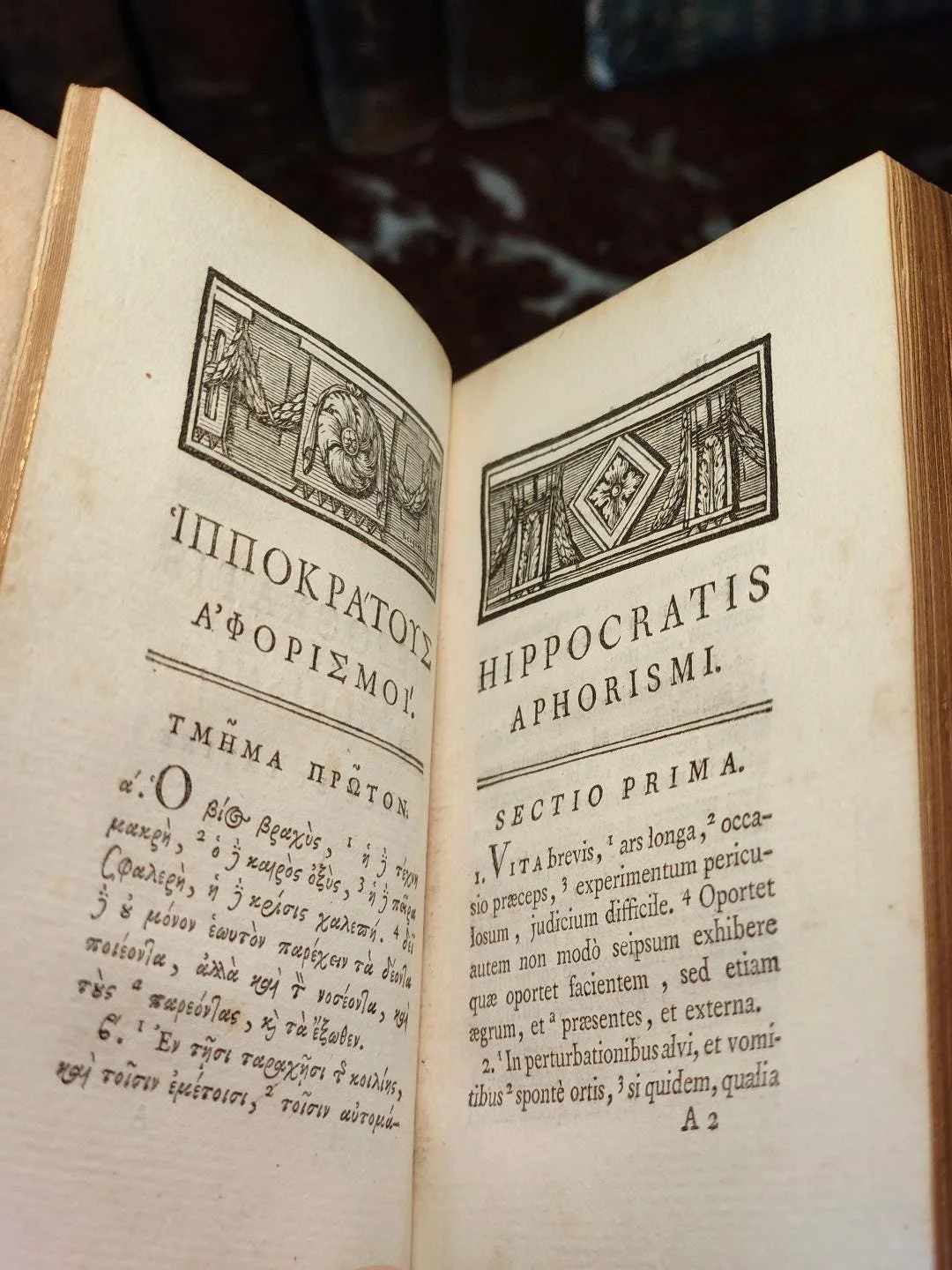 Image 2 of 9
Image 2 of 9

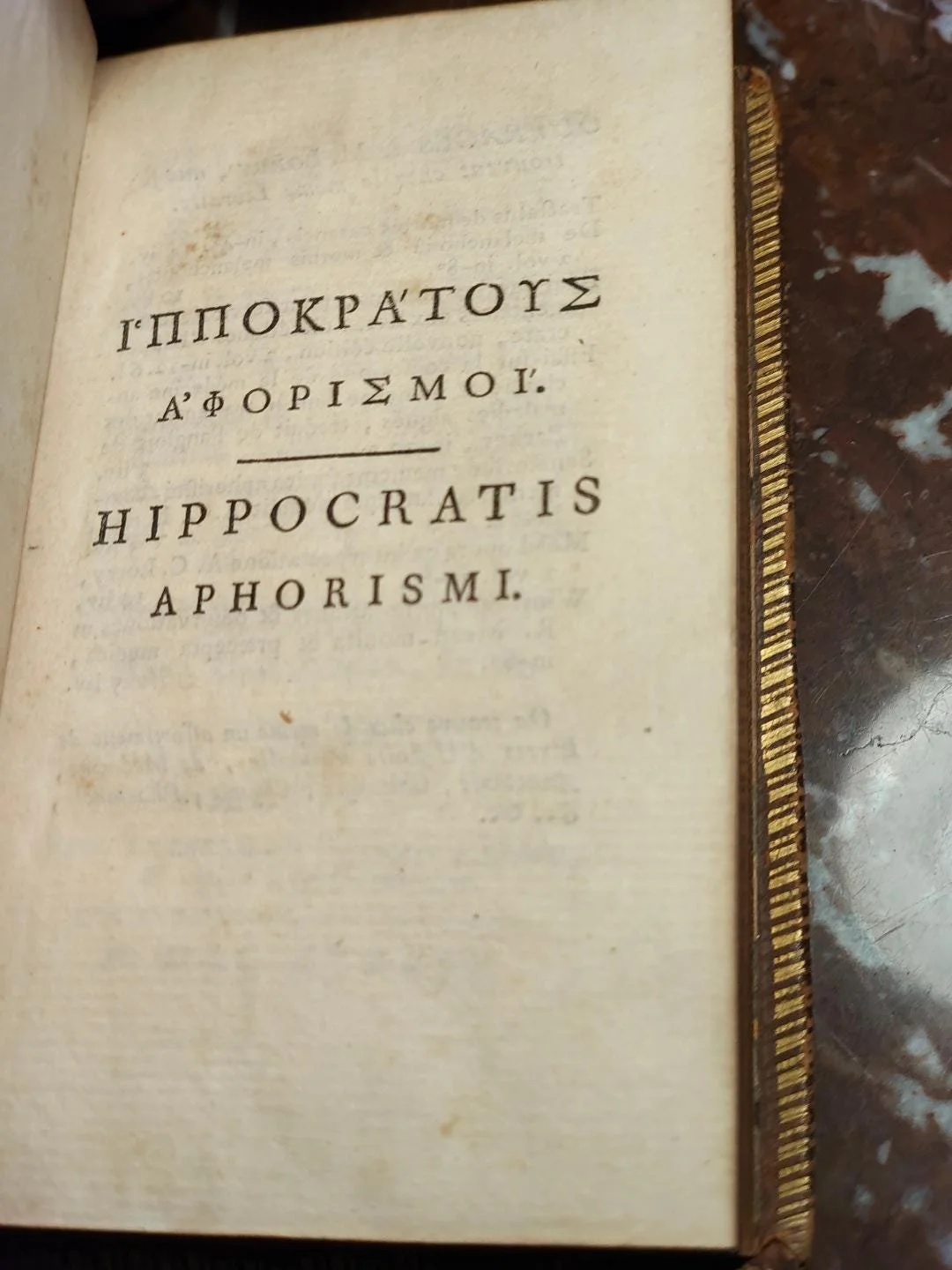 Image 3 of 9
Image 3 of 9

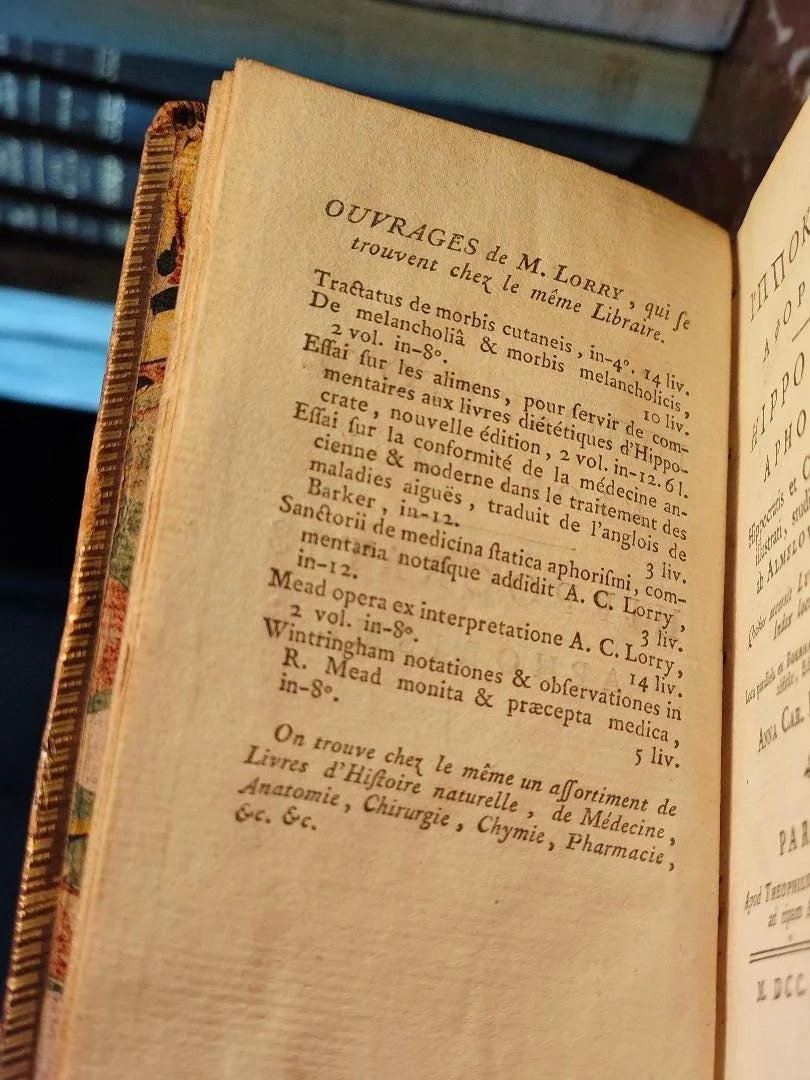 Image 4 of 9
Image 4 of 9

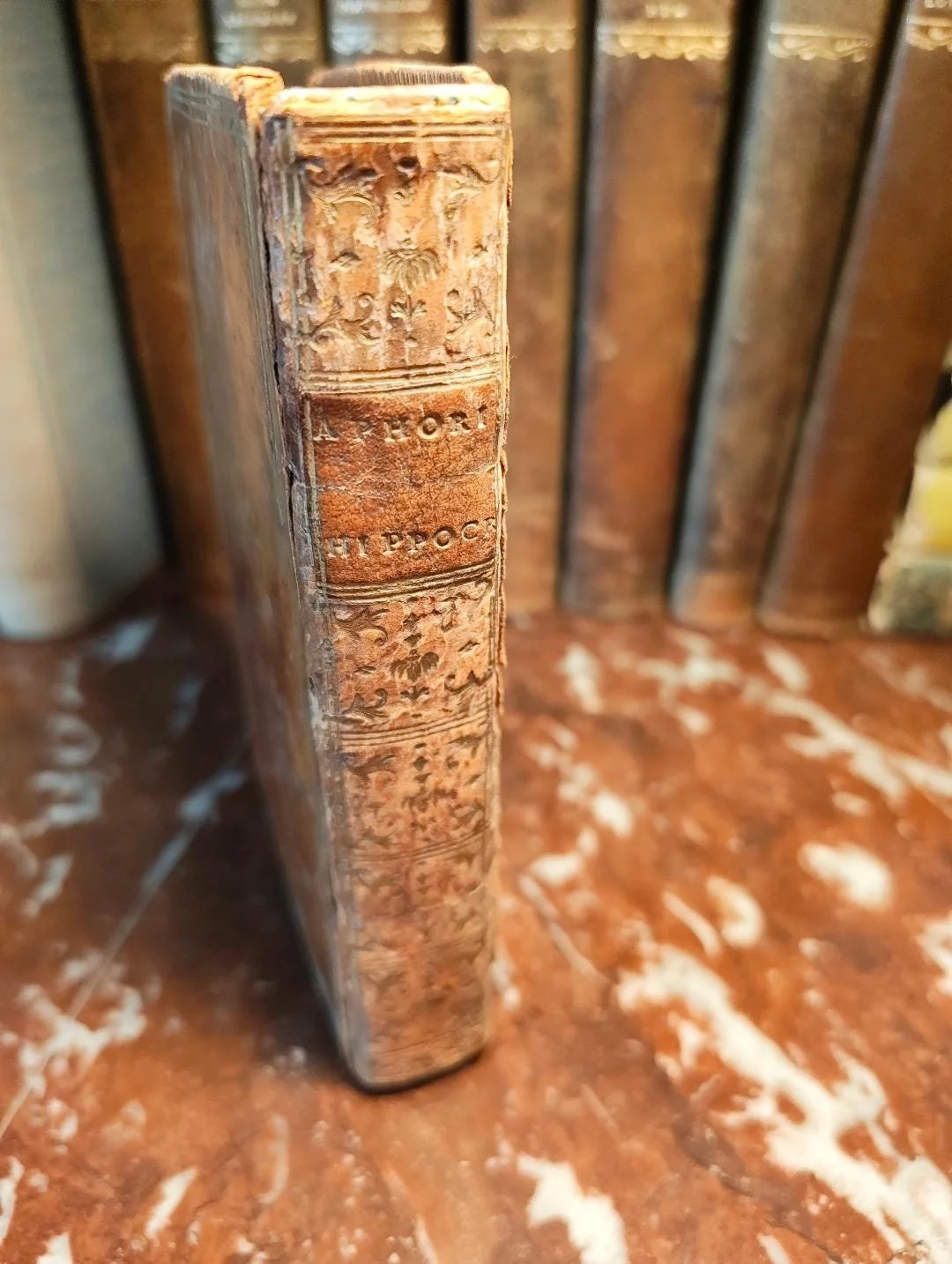 Image 5 of 9
Image 5 of 9

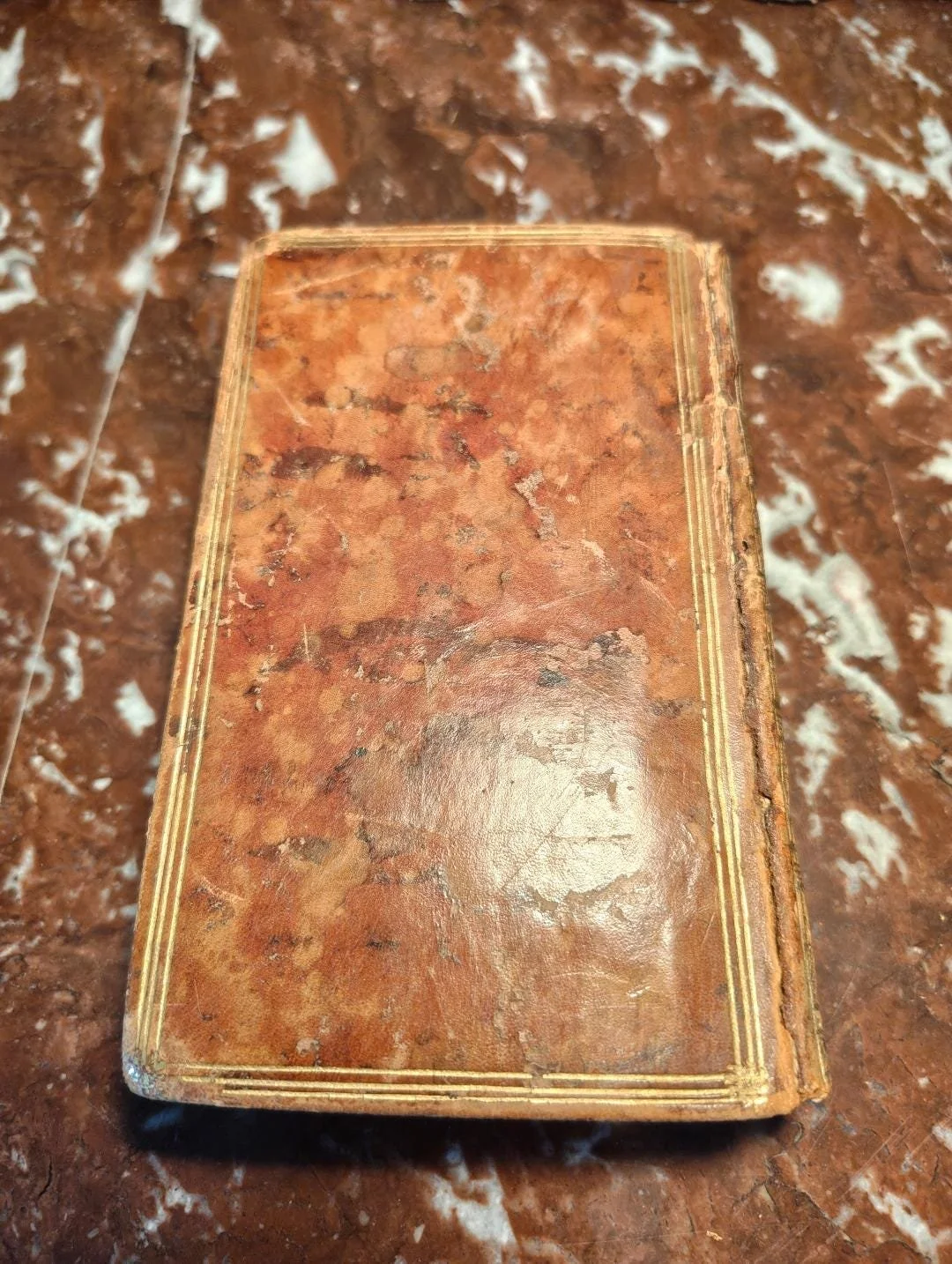 Image 6 of 9
Image 6 of 9

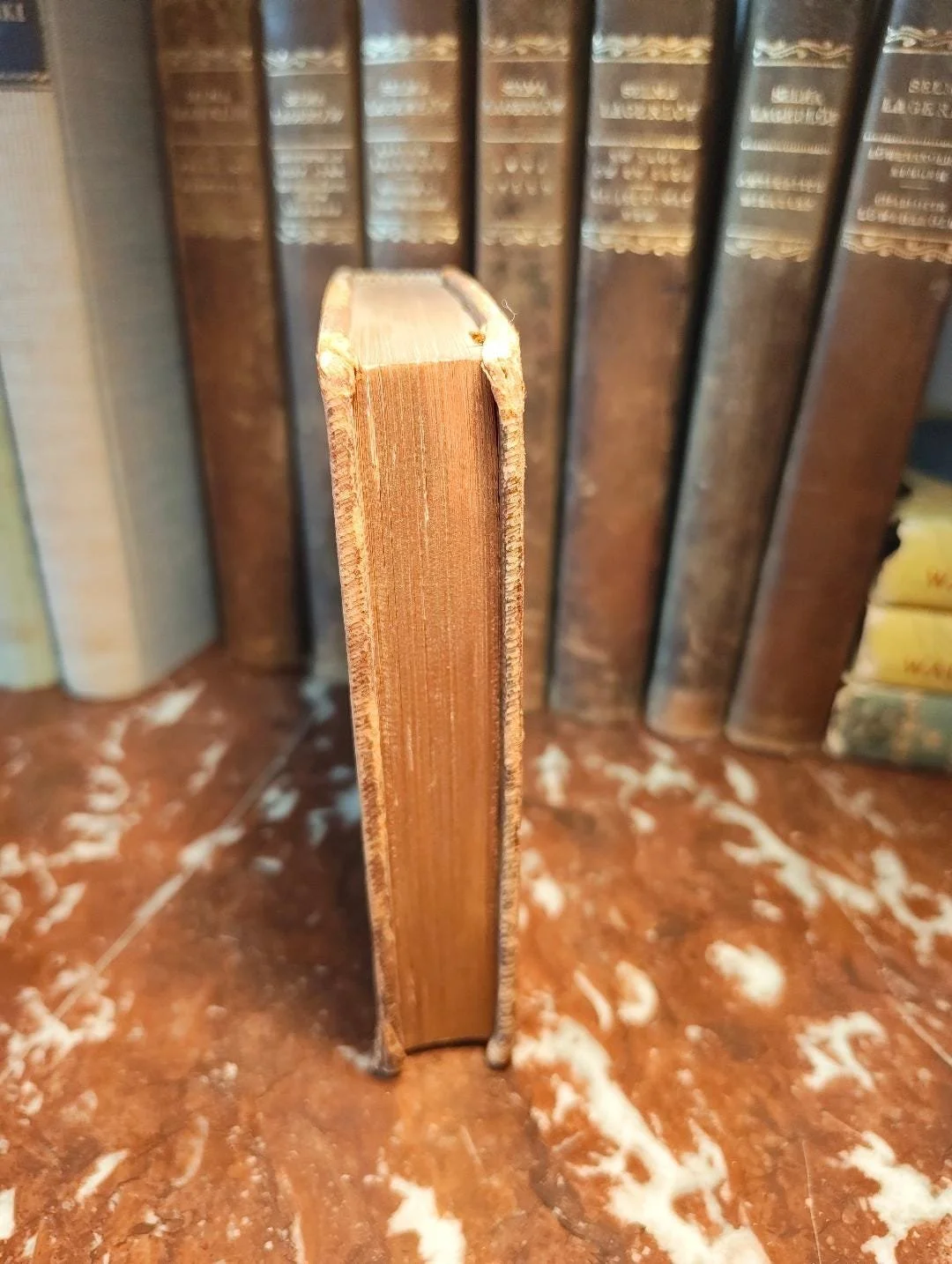 Image 7 of 9
Image 7 of 9

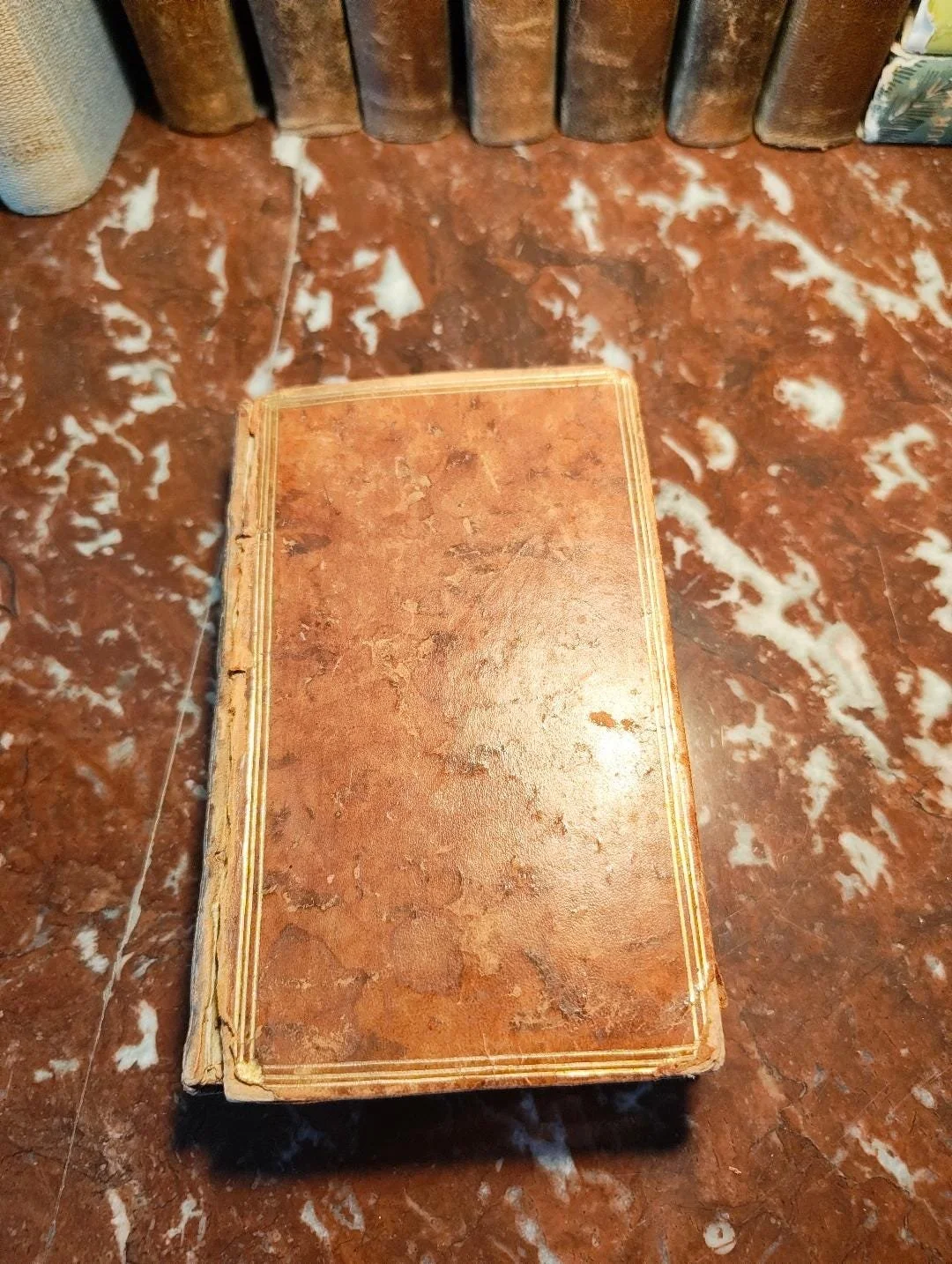 Image 8 of 9
Image 8 of 9

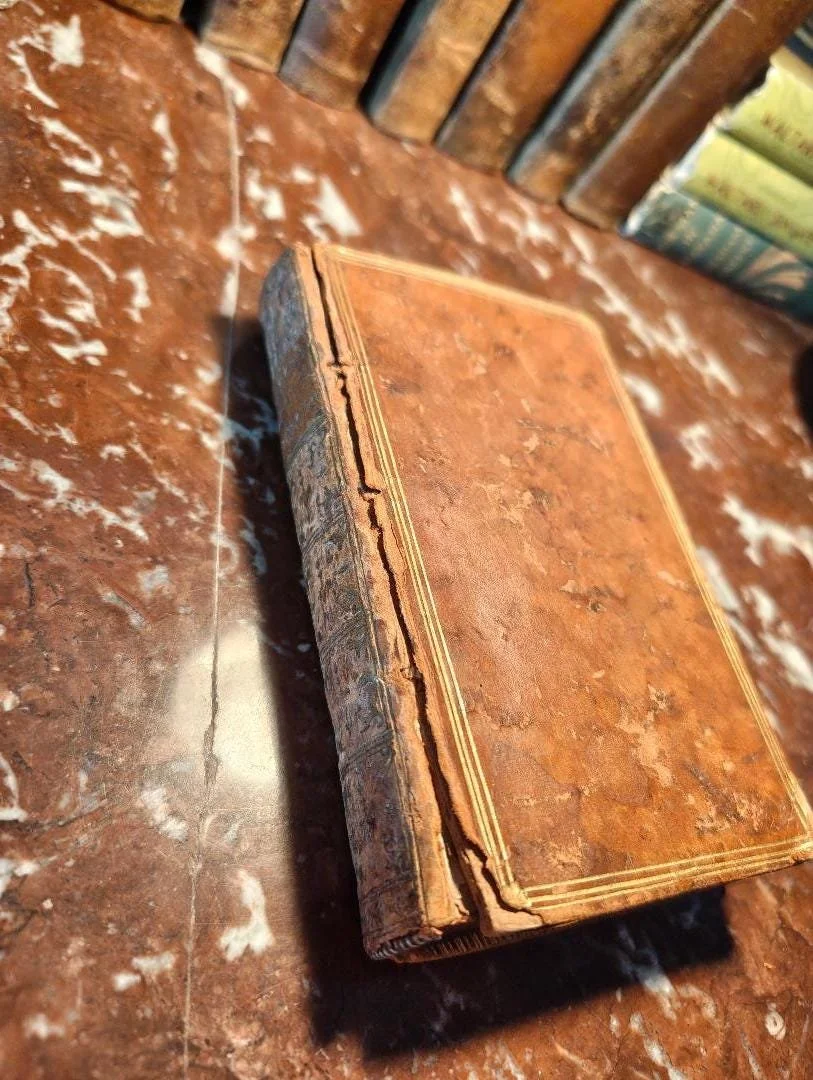 Image 9 of 9
Image 9 of 9










Hippocratis Aphorismi
An Enlightenment medical edition uniting classical medicine and early modern clinical thought
This 1784 Paris edition of Hippocratis Aphorismi stands at the intersection of classical antiquity and Enlightenment medical scholarship. Printed by Théophile Barrois le jeune, the volume presents the original Greek text of Hippocrates accompanied by a parallel Latin translation and the influential clinical commentary of Herman Boerhaave, the Dutch physician whose lectures shaped generations of European medical practice. The edition was prepared by Dr. Anna Charles Lorry, a respected Parisian physician and editor, whose involvement further underscores the scholarly ambition of the work.
Hippocrates had, for centuries, been regarded as the intellectual foundation of Western medicine. His aphorisms distilled observation, prognosis, and therapeutic principle into a series of concise statements that became central to medical instruction well into the modern period. By the late eighteenth century, Enlightenment physicians returned to these classical texts not as relics but as living tools through which to refine empirical practice. Boerhaave’s annotations, widely esteemed for their clarity and precision, reflect an era in which Hippocratic thought was reconsidered through the lens of early clinical science.
The book is preserved in its contemporary full leather binding, with gilt ornament along the spine. The leather shows the visible wear of nearly two and a half centuries, with cracks at the spine and rubbing to the boards that speak to its long academic life. The interior remains clean and complete, with moderate toning and a firm structure. It is a well kept example of an important pedagogical text from a period when Paris stood at the forefront of European medical learning.
As an artefact, this volume offers more than the transmission of ancient knowledge. It captures the intellectual continuity between classical medical theory and the Enlightenment’s pursuit of rational, observational practice. For collectors of early medical history, Greek and Latin scholarship, or the evolution of scientific commentary, it represents a meaningful and attractive acquisition.
An Enlightenment medical edition uniting classical medicine and early modern clinical thought
This 1784 Paris edition of Hippocratis Aphorismi stands at the intersection of classical antiquity and Enlightenment medical scholarship. Printed by Théophile Barrois le jeune, the volume presents the original Greek text of Hippocrates accompanied by a parallel Latin translation and the influential clinical commentary of Herman Boerhaave, the Dutch physician whose lectures shaped generations of European medical practice. The edition was prepared by Dr. Anna Charles Lorry, a respected Parisian physician and editor, whose involvement further underscores the scholarly ambition of the work.
Hippocrates had, for centuries, been regarded as the intellectual foundation of Western medicine. His aphorisms distilled observation, prognosis, and therapeutic principle into a series of concise statements that became central to medical instruction well into the modern period. By the late eighteenth century, Enlightenment physicians returned to these classical texts not as relics but as living tools through which to refine empirical practice. Boerhaave’s annotations, widely esteemed for their clarity and precision, reflect an era in which Hippocratic thought was reconsidered through the lens of early clinical science.
The book is preserved in its contemporary full leather binding, with gilt ornament along the spine. The leather shows the visible wear of nearly two and a half centuries, with cracks at the spine and rubbing to the boards that speak to its long academic life. The interior remains clean and complete, with moderate toning and a firm structure. It is a well kept example of an important pedagogical text from a period when Paris stood at the forefront of European medical learning.
As an artefact, this volume offers more than the transmission of ancient knowledge. It captures the intellectual continuity between classical medical theory and the Enlightenment’s pursuit of rational, observational practice. For collectors of early medical history, Greek and Latin scholarship, or the evolution of scientific commentary, it represents a meaningful and attractive acquisition.

